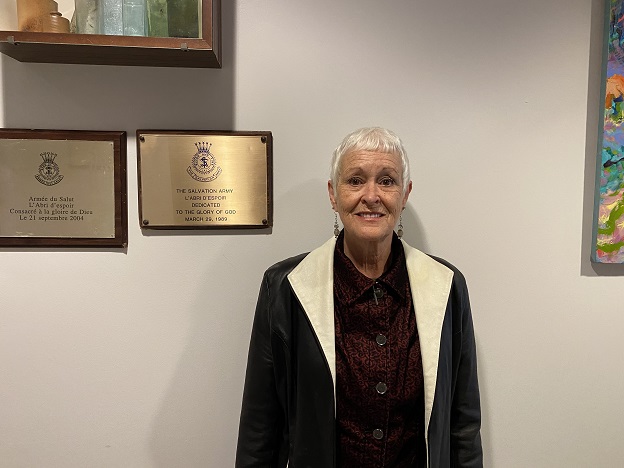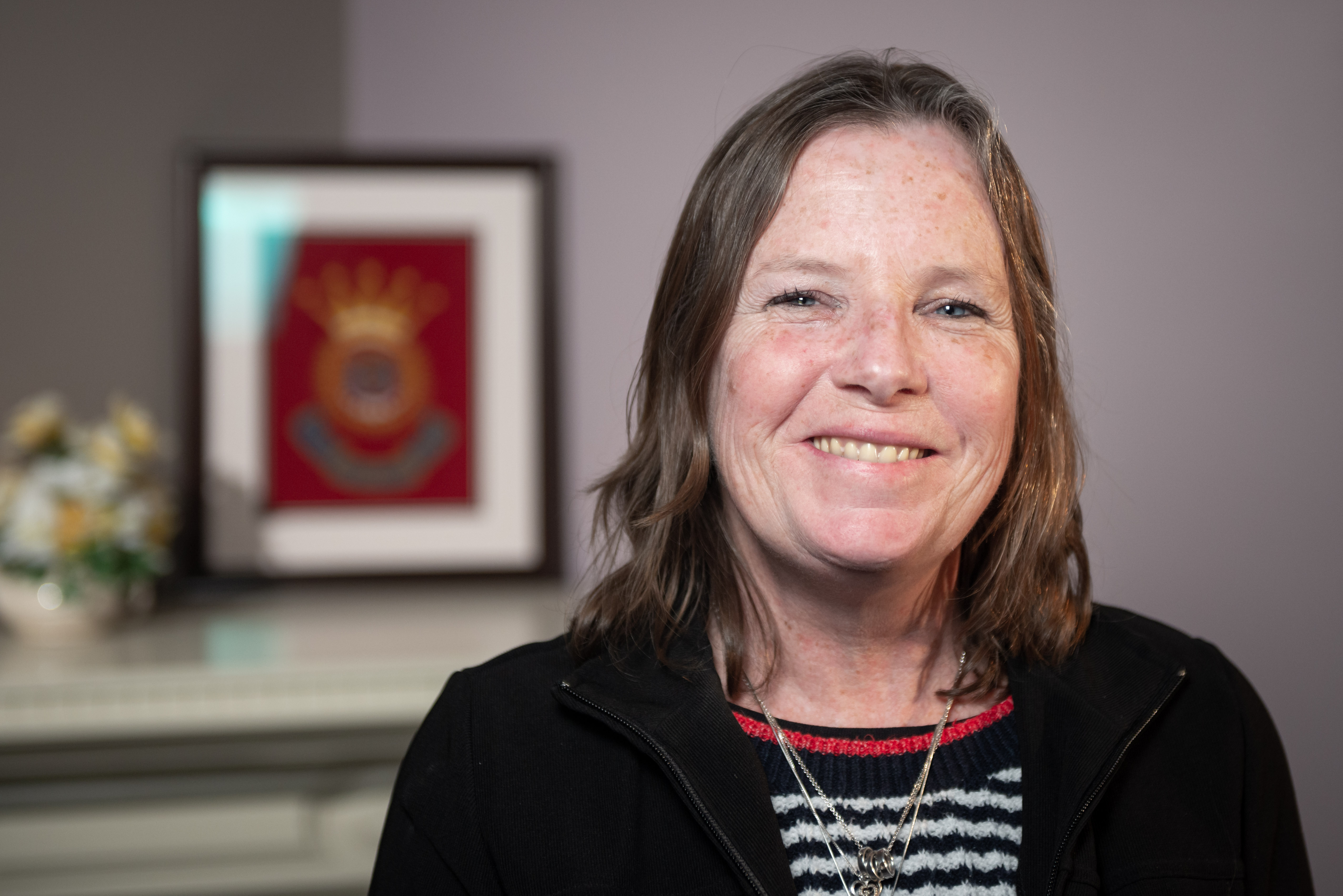Victim to Victory – A Journey of Healing and Recovery
 They had authority—authority they misused—authority that changed who she was. Nikki Duna was abandoned, betrayed, unloved and abused. Traumatized by her experiences, she became a heroine addict at age 13 and fled for the mean streets of Victoria, B.C.
They had authority—authority they misused—authority that changed who she was. Nikki Duna was abandoned, betrayed, unloved and abused. Traumatized by her experiences, she became a heroine addict at age 13 and fled for the mean streets of Victoria, B.C.
Nikki grew up without any sense of what it means to be loved, wanted and cared for. At birth she was abandoned by her parents, who couldn’t afford or feed her, and placed in an abusive orphanage in Romania. At age three, she was adopted by a Canadian couple who promised her a safe and loving home in Victoria. What happened in this home altered the course of her life.
Members of Hells Angels, Nikki’s adoptive parents participated in organized crime. At home, drug and alcohol abuse, sexual and physical assaults, occurred daily. “I never called them mom and dad,” says Nikki. “They just used me. I was weak and they were powerful.” At age nine, in an attempt to dull hurt and pain, Nikki took to drinking and smoking cigarettes.
At age 11 Nikki was raped and became pregnant by her father. A couple years later she was again raped and became pregnant. This time by her adopted brother. Both times her mother enforced secrecy by threatening her with death.
At age 13 Nikki found the courage to report her father’s rape to the police and social services. She was removed from the home and placed in foster care. Over six years she was in 15 different foster homes. “I was tired of being passed around,” says Nikki. “I felt like an outsider, a mistake, and didn’t know why this was happening to me.”
When foster care didn’t work out Nikki took to the streets. “I slept in backyards, in bus shelters and bus stations,” says Nikki. “I craved attention and affection, and spent time with the wrong men, which resulted in four miscarriages. I started selling illegal drugs and was dependent on crack cocaine and heroine. I was initiated into a gang and participated in criminal activity for five years. I was tough as nails.”
Throughout her teens Nikki frequently questioned her self-worth and ability to cope with her issues. Many times she resorted to cutting, prescription drug overdose and alcohol abuse to the point of poisoning. “I just wanted out,” says Nikki.
Each suicide attempt found her in hospital emergency rooms. Doctors’ compassion eventually ran thin and they recommended long-term, residential psychiatric care. At this point Nikki took action. She was willing to get serious about moving forward with her life.
In 2009, she successfully completed Teen Challenge’s 14-month, faith-based, residential drug and alcohol rehabilitation program in Abbotsford B.C. She has been clean for more than two years.
Following graduation Nikki was employed at the centre for a year. Then, she was ready to return to society as a responsible citizen. She was referred to The Salvation Army’s Gateway of Hope in Langley, B.C. Here, transitional housing provides her a trustworthy, loving environment with good values while she searches for a stable home.
The Gateway of Hope, a modern, state of the art facility, officially opened its doors in late 2009. The three-storey development provides 30 emergency shelter beds and 25 supportive independent living transitional beds for the homeless or those at risk of homelessness in the community. But the facility offers more than shelter.
Since moving to the centre in April 2010, 22-year-old Nikki has completed the Food Safe course and is in the Cooking for Life program. Here she will learn how to budget and get the most out of her money when grocery shopping. She’ll get practical tips and hands-on experience. She also volunteers at the centre. “I’m excited to do this,” says Nikki, “and make positive changes in my life.”
While living in transitional housing she will also work on life skills, and a budgeting course. All of these services will get her on the right track to independency and moving out of transitional housing.
“The Salvation Army’s unconditional commitment is helping me to succeed in making good choices,” says Nikki. “Their encouragement makes me want to keep going. Here I feel loved, valued and part of a family.”




